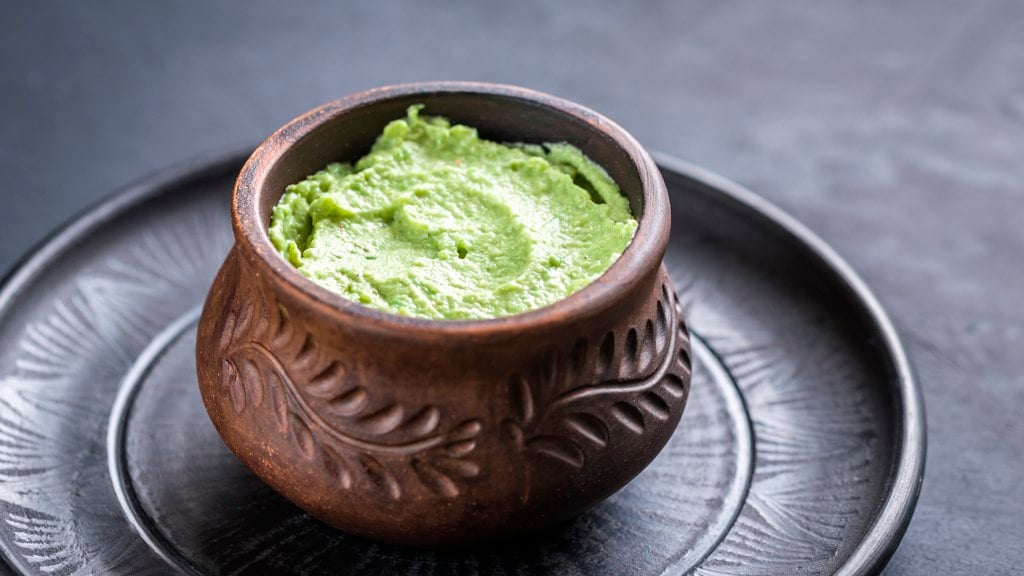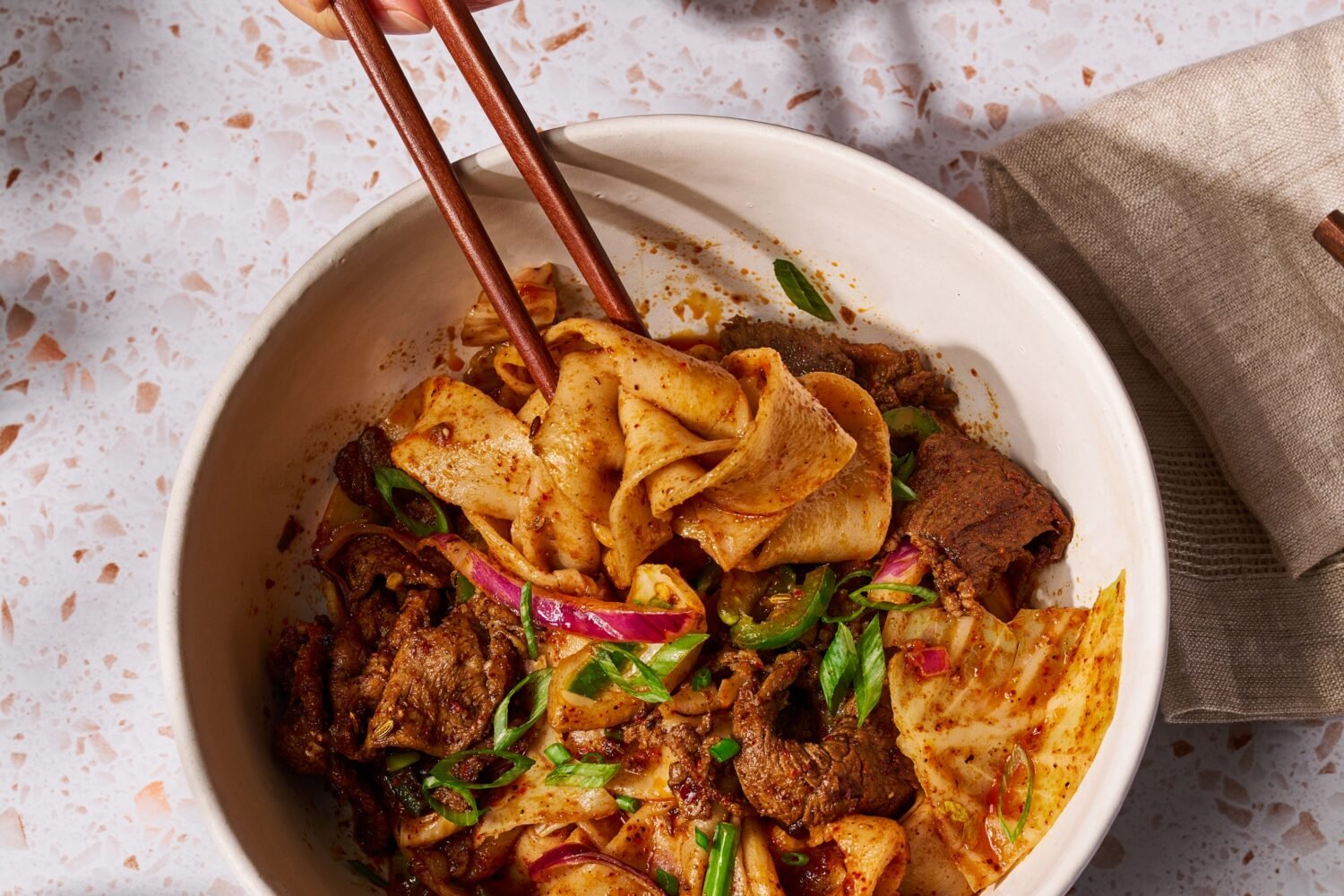The internet is facing an unexpected crisis today: the food takes have become sentient.
What, exactly, is a food take? It’s akin to the “hot take”—the genre of passionate, if quickly formed opinions that swamp online publishing—but focuses narrowly on a single foodstuff, most often celebrating or attacking a cherished snack, fast-food chain, or childhood favorite. Sometimes they can be unleashed by an act as seemingly innocuous as the sharing of a recipe.
Recall July 2015, when the New York Times offered a variation on guacamole that called for peas in addition to avocado. Rather than considering the recipe, the internet revolted, even to the point of a presidential rebuke. Are peas a bad addition to guacamole? Who knows? Anyone who tries to figure it out for themselves will be shunned before they can take a bite.
Arguments about food are probably as old as dining itself, but just in the past week online chatter has exploded over three opinions. Last Tuesday, the Atlantic‘s Megan Garber wrote that it “isn’t even a debate” that milk chocolate is superior to dark chocolate. Dark chocolate, Garber argued, is bitter, snobby, and a “Marxist nightmare.” But even if there are unflattering truths to the dark-chocolate trade, like its frequent use as the base for hoity-toity candy brands or questionable laboratory studies claiming health benefits, Garber’s article stirred more outrage than it did defectors to milk chocolate.
Then, this morning, the Washington Post‘s PostEverything section ticked off condiment partisans with Ben Adler‘s broadside against ranch dressing. Adler structures his take against ranch on several unshakable positions: it tastes like rotting milk, it has been suggested as a topping for far more than salad, and—most horrifyingly—it is currently being co-opted by chefs trying to elevate it from its low-brow roots as a Midwestern favorite to a garnish at elite, coastal restaurants. But people love ranch dressing! Look what happened when I shared my agreement with Adler on Twitter:
@brfreed kiss my a**
— Amanda Teuscher (@amteuscher) November 1, 2016
So, okay, fine. Ranch dressing is popular with many, even though bleu cheese dressing is a far superior topping for salads, chicken wings, crudités, and, well, that’s about it. Please, let us not get into the terrors of dipping pizza in salad dressings of any variety.
As if the tangy outrage over Adler’s take wasn’t bad enough, though, along comes New Republic Executive Editor Ryan Kearney with the truly divisive belief that “Popcorn is revolting and everyone should debate this now.” On a first glance, Kearney is nodding to the take-ness of his article. It opens with an unambiguous statement but an admission that it will overrun social-media channels with statements of opposition or solidarity and eliminate the possibility of a middle ground.
Kearney is offering up a food take precisely because his opinion on popcorn rejects any nuance. Popcorn, he writes, is “stale, flavorless, and either too dry or too soggy;” leaves behind shells that “get stuck everywhere and they’re impossible to get it out;” and “ruins movies.” Popcorn, in fact, is often good, if popped freshly on the stove at home or purchased at a movie theater that takes a careful approach to its concessions (e.g., Landmark or Alamo Drafthouse, not mass-market chains like AMC and Regal). Bagged, already-popped popcorn? Mostly bad. Microwave popcorn? A snack of last resort. Those tins of caramel corn that show up around the holidays? As gifts, pretty lame. But as an office snack, bring them on.
But my detailed opinions on popcorn, however correct they are, are not to quibble with Kearney directly. They are to show that conversations about food don’t have to be so easily derailed into unflinching partisanship. Some people may prefer milk chocolate to dark chocolate and vice versa. In the end, they’re both chocolate, and I enjoy both. I do not care for ranch dressing, but I will defend your right to ruin your salad. And if you don’t like popcorn? Fine, more for me.
Food takes may be essential components of any general-interest publication’s online strategy, but that doesn’t mean we have to go to war over them. Don’t dismiss a recipe simply out-of-hand simply because you disagree on ideological grounds. Cuisine would be nowhere without experimentation. Take a side in the chocolate or ranch-dressing wars if you must, but don’t act like the side you dislike doesn’t bring its supporters pleasure. These are fights about food, not economic anxiety.
Division is everywhere. The internet is already driven by so much manufactured opposition, and your food take is only going to make things saltier. Instead, maybe embrace the fact that everyone has a different palate, and instead rally around these irrefutable truths:
- Jumbo slice is not the same thing as a utility slice.
- Quad beers are stupid.
- “Artisanal” ketchups are a scam.
- Pumpkin-spice anything is garbage.
- Cool Ranch Doritos are much better than Nacho Cheese Doritos, which are gross.
- It’s okay if your chili recipe contains beans. (Or if your guacamole recipe contains peas.)
- The “Wawa vs. Sheetz” battle doesn’t matter if you’re not from Pennsylvania.
- In-N-Out is better than Five Guys, unless you’re not on the West Coast, in which case Shake Shack is better.

















